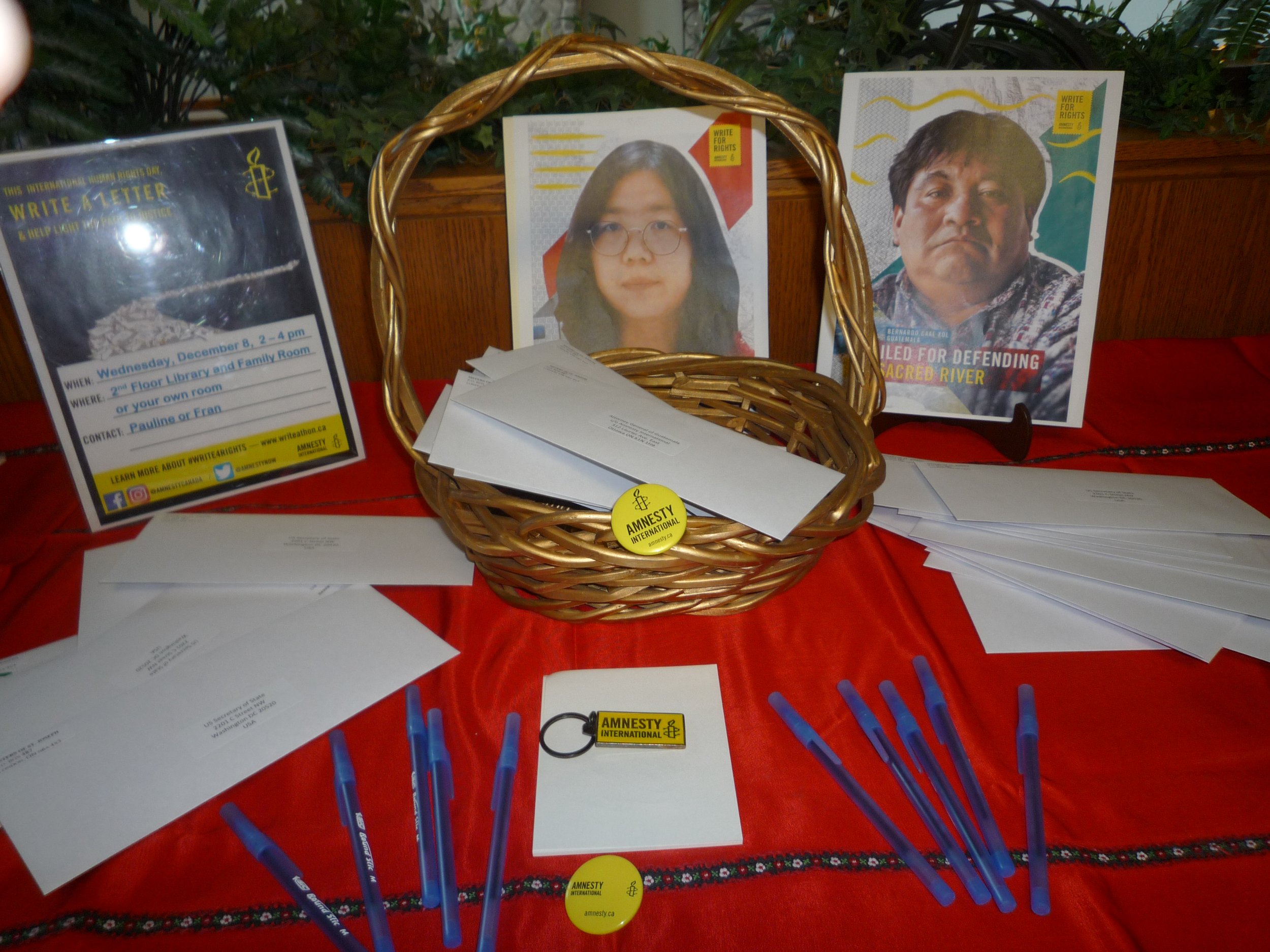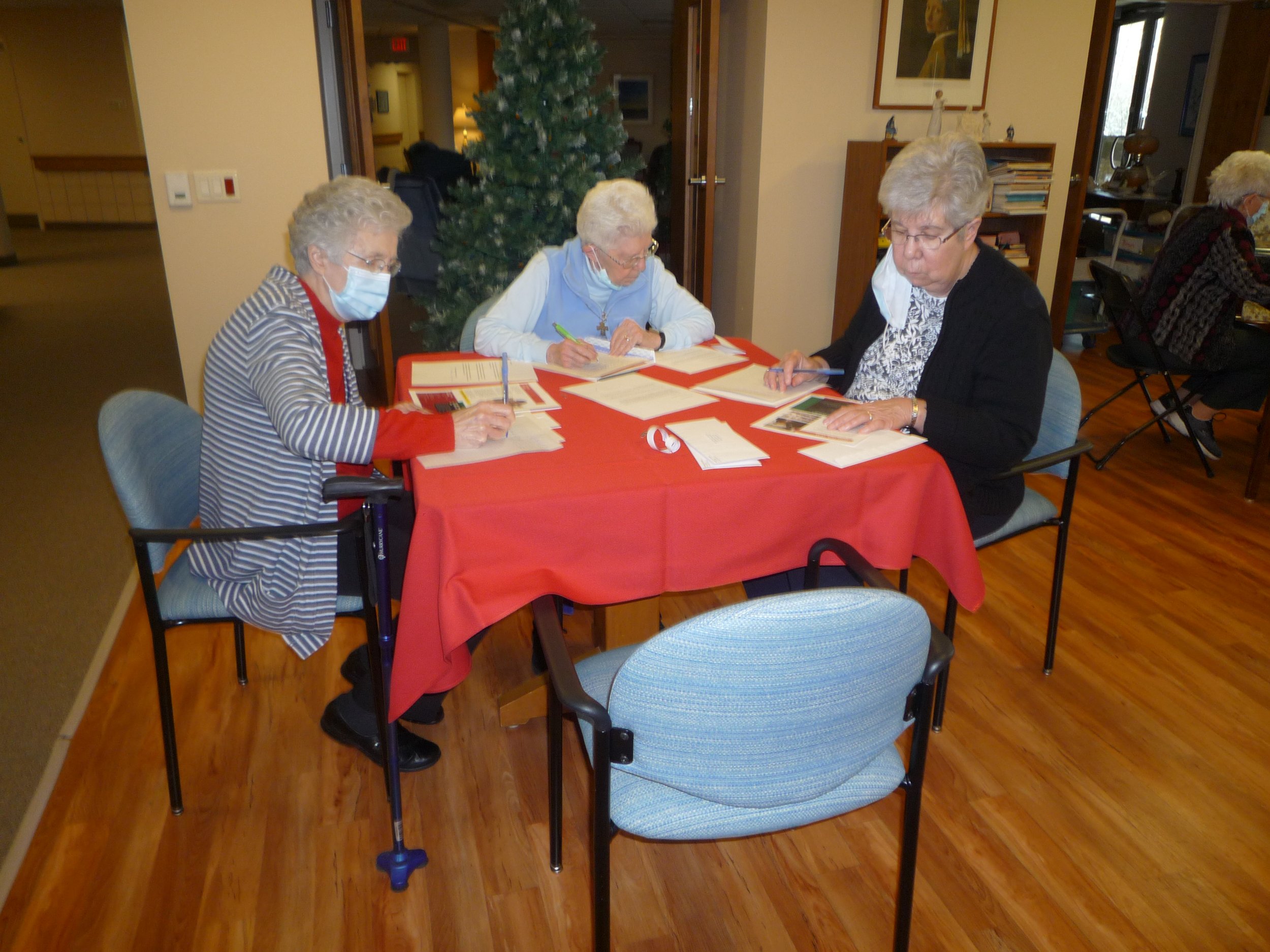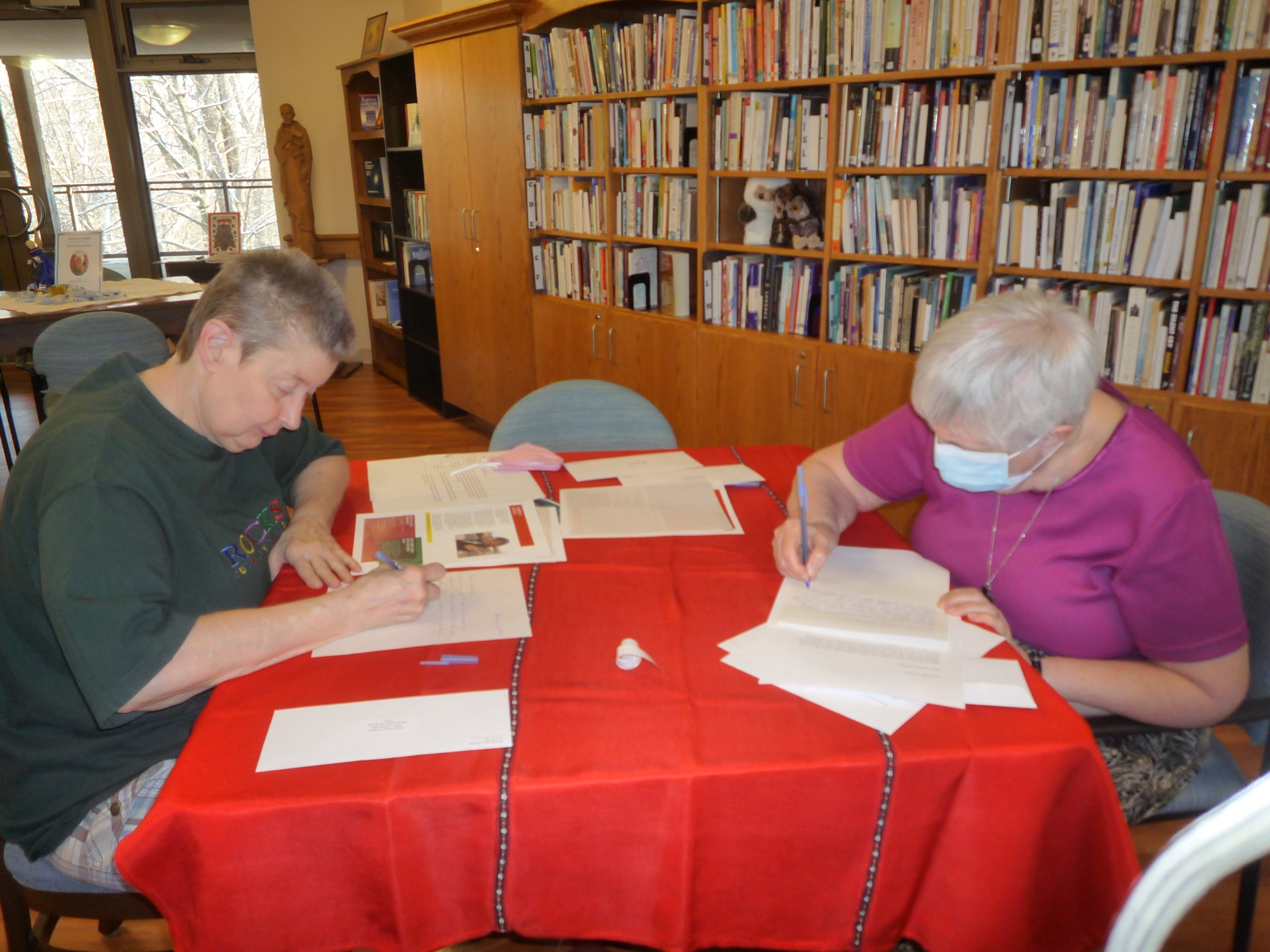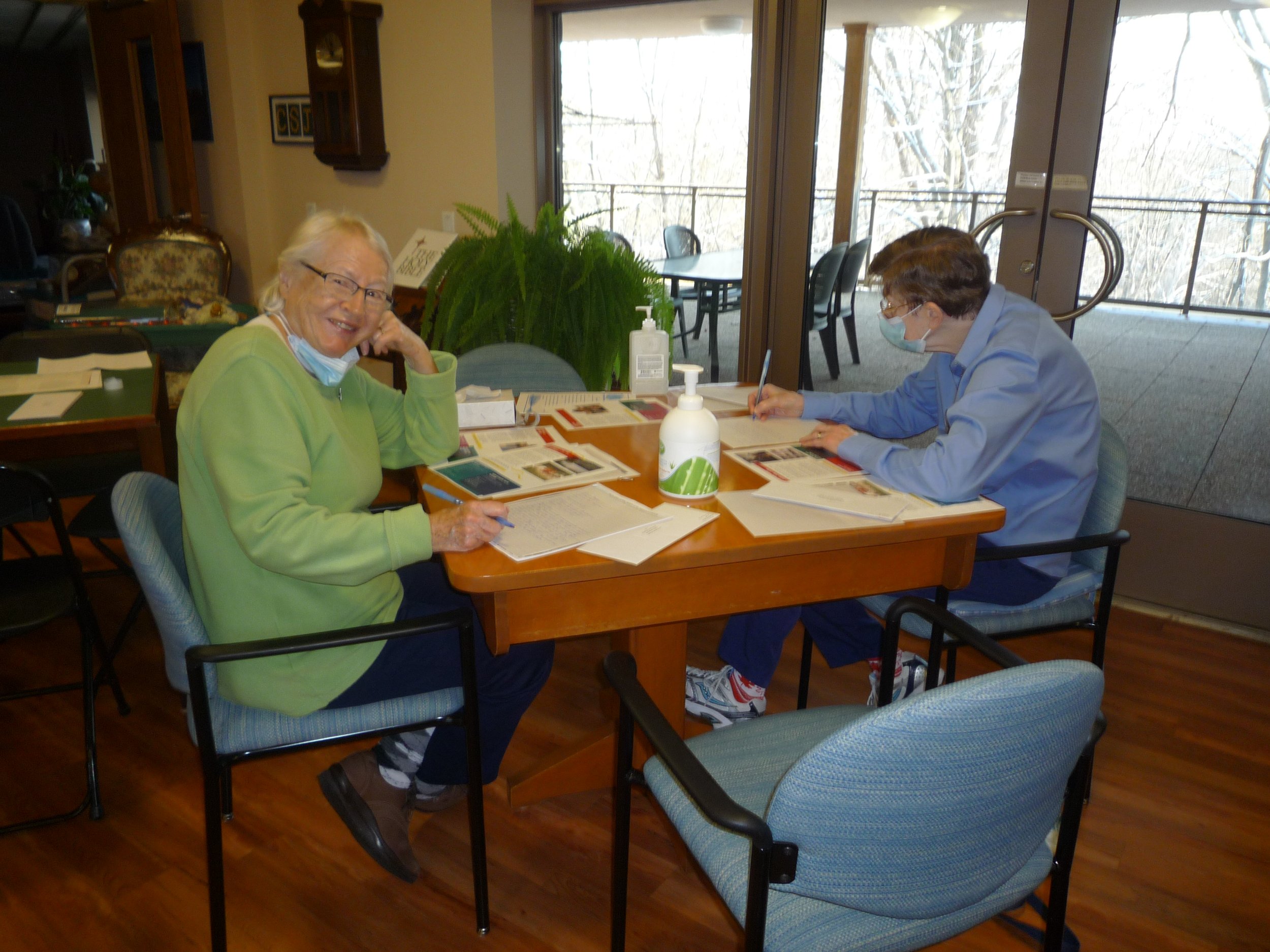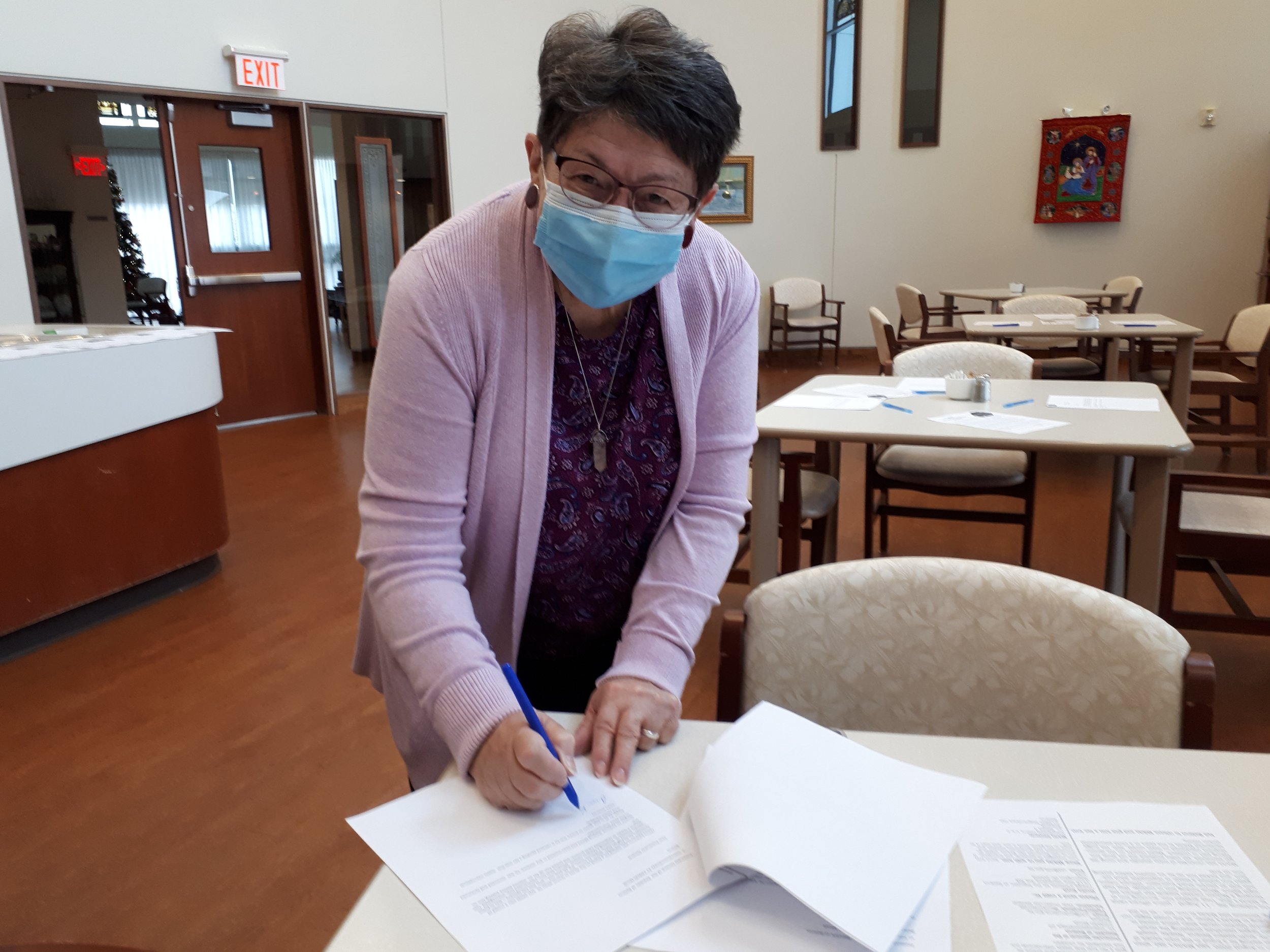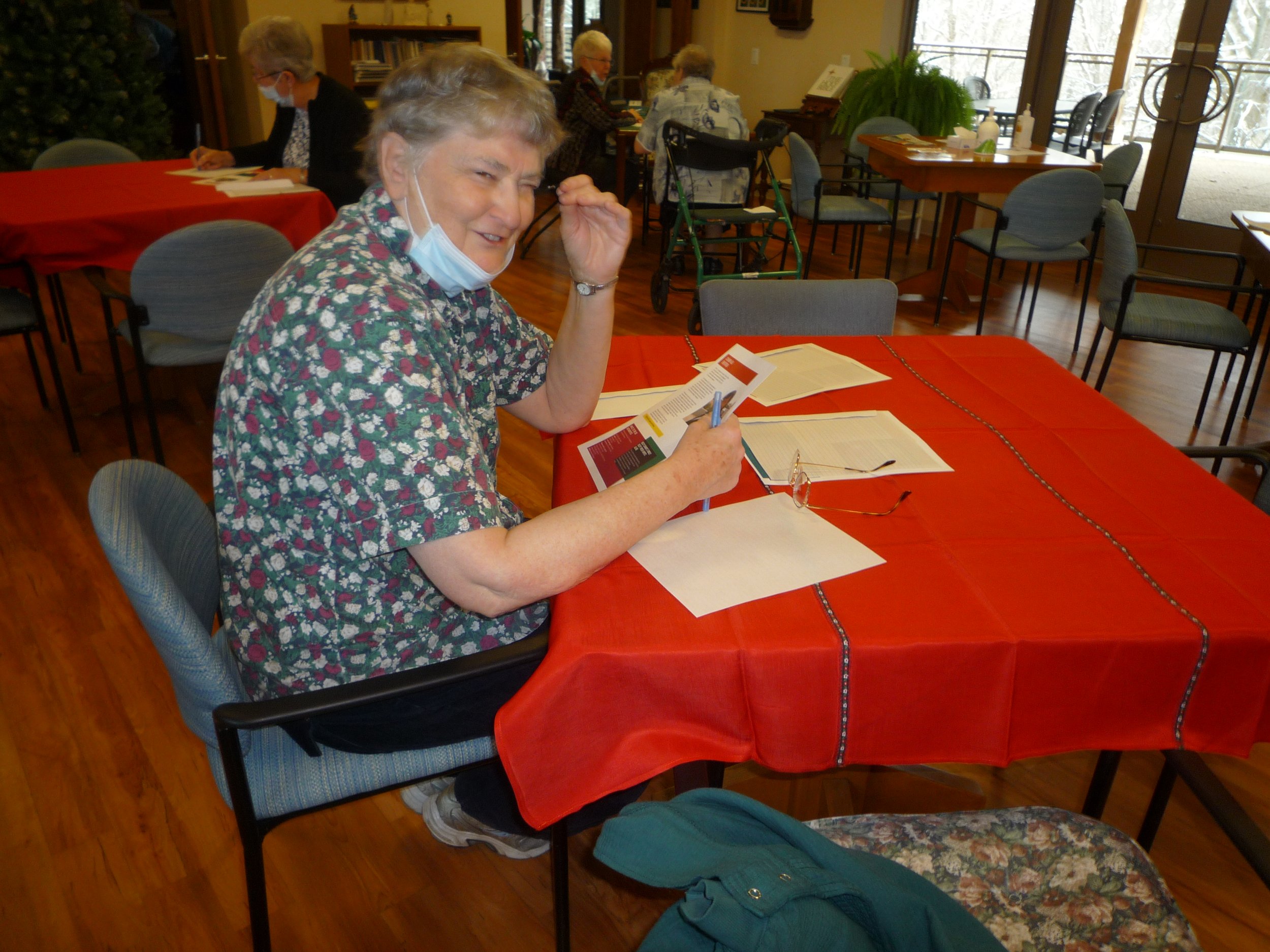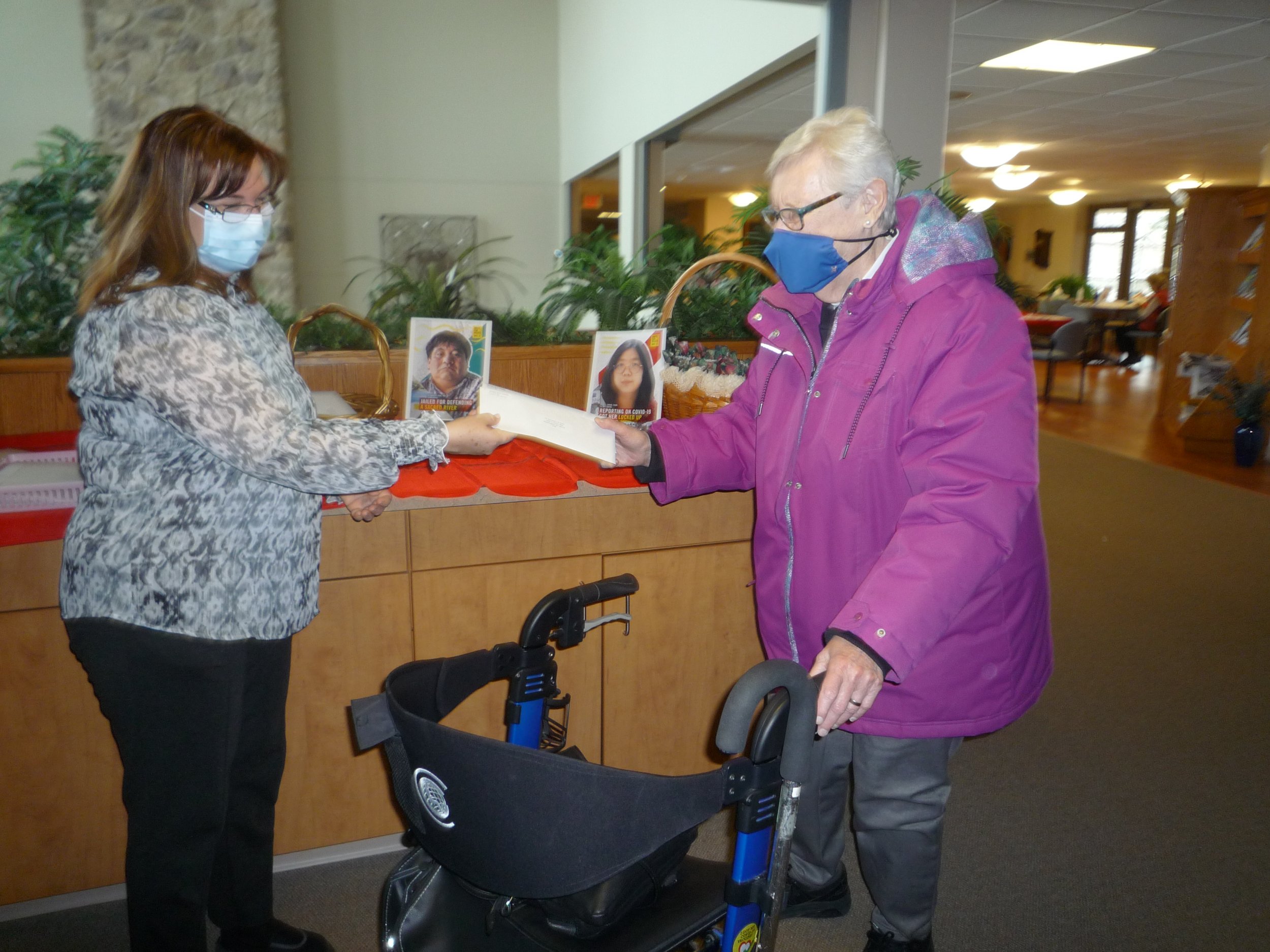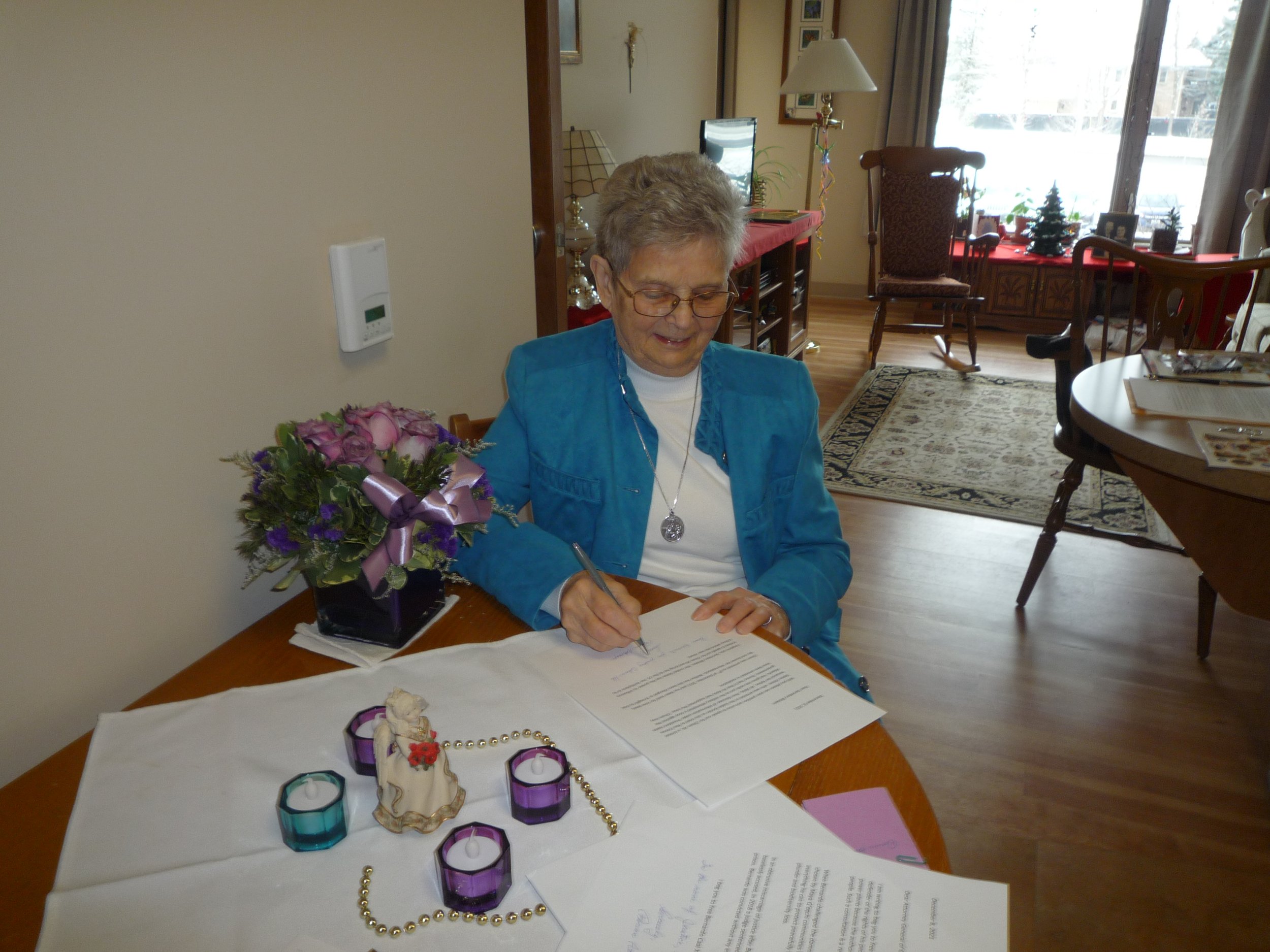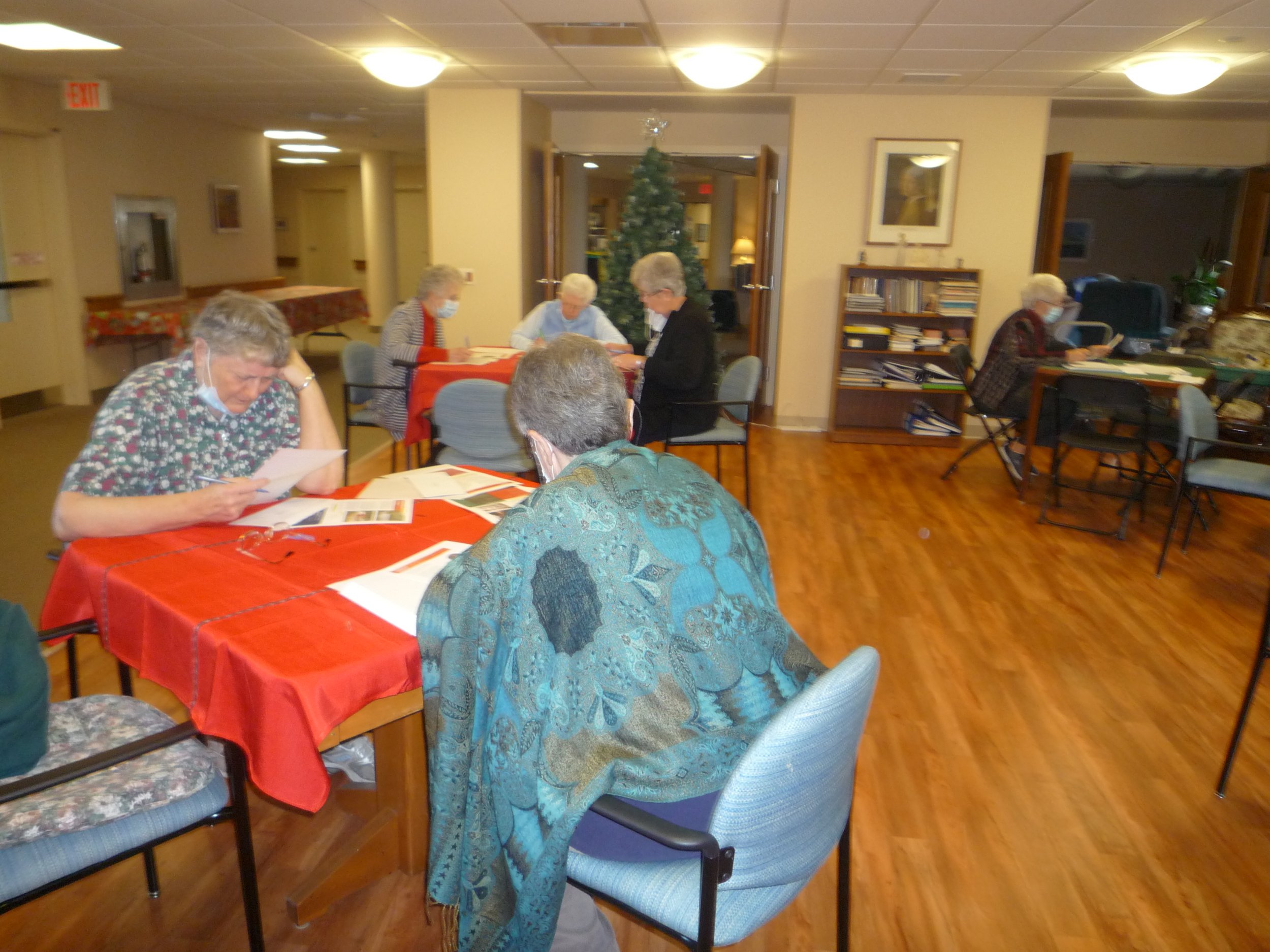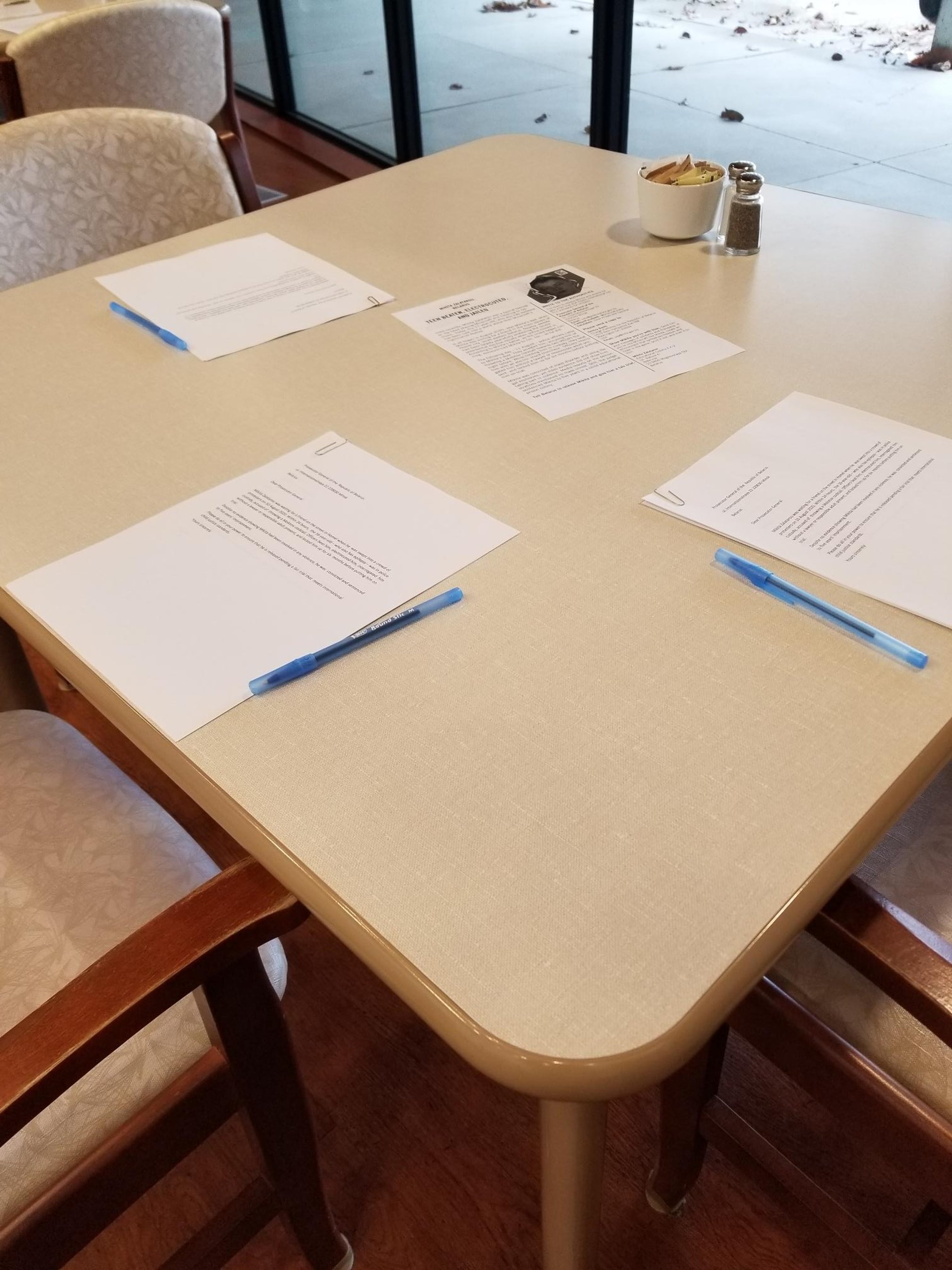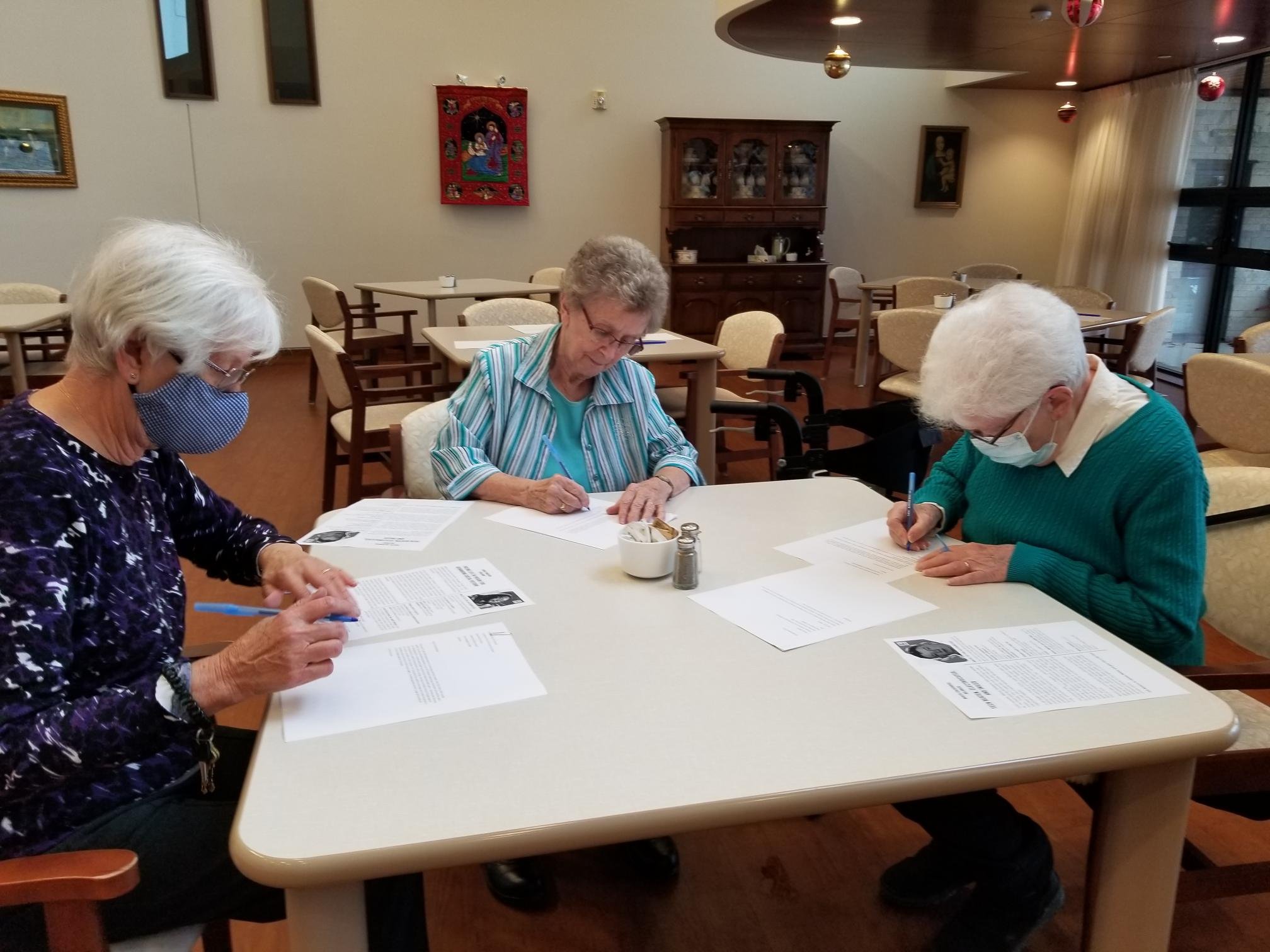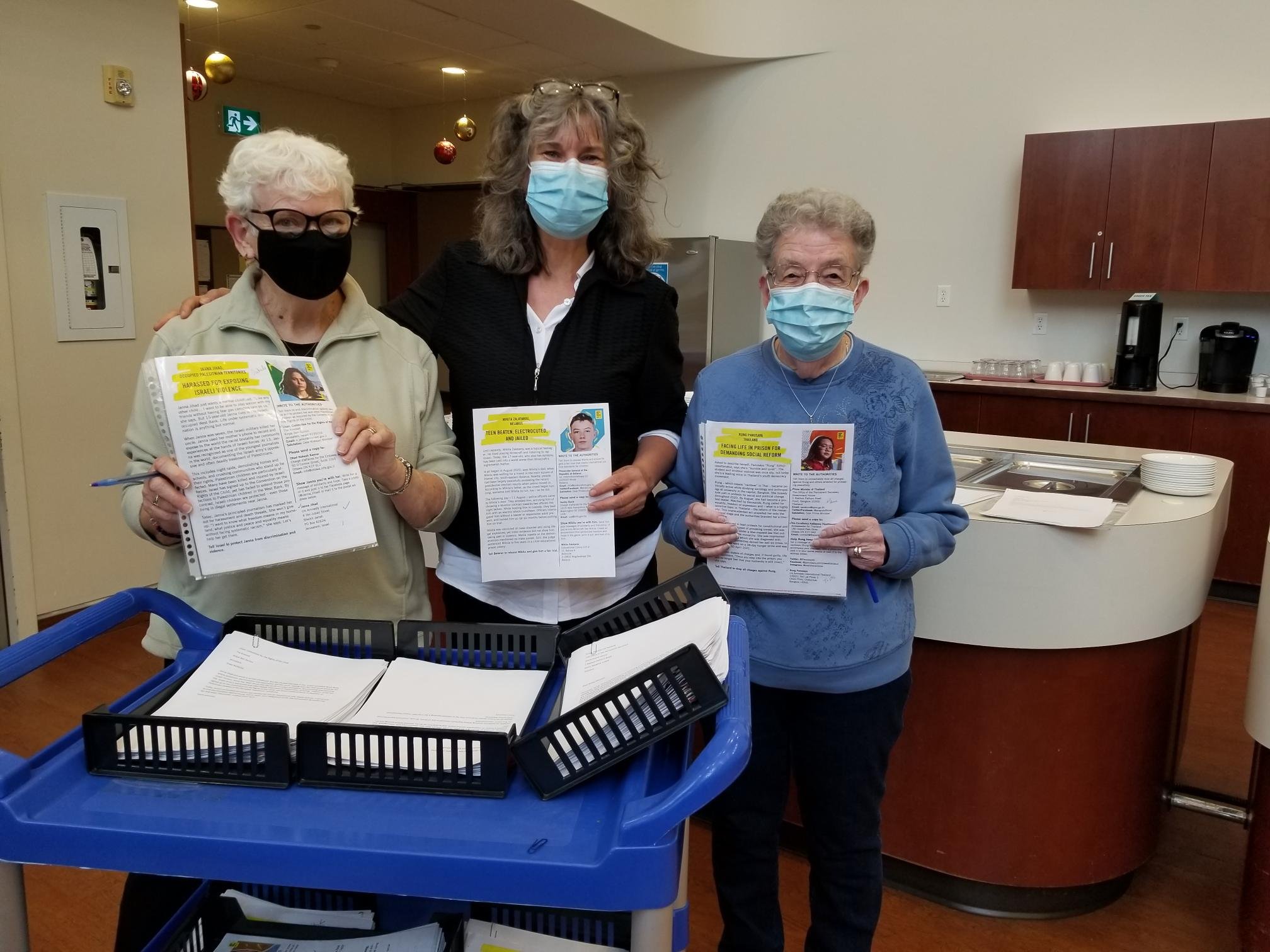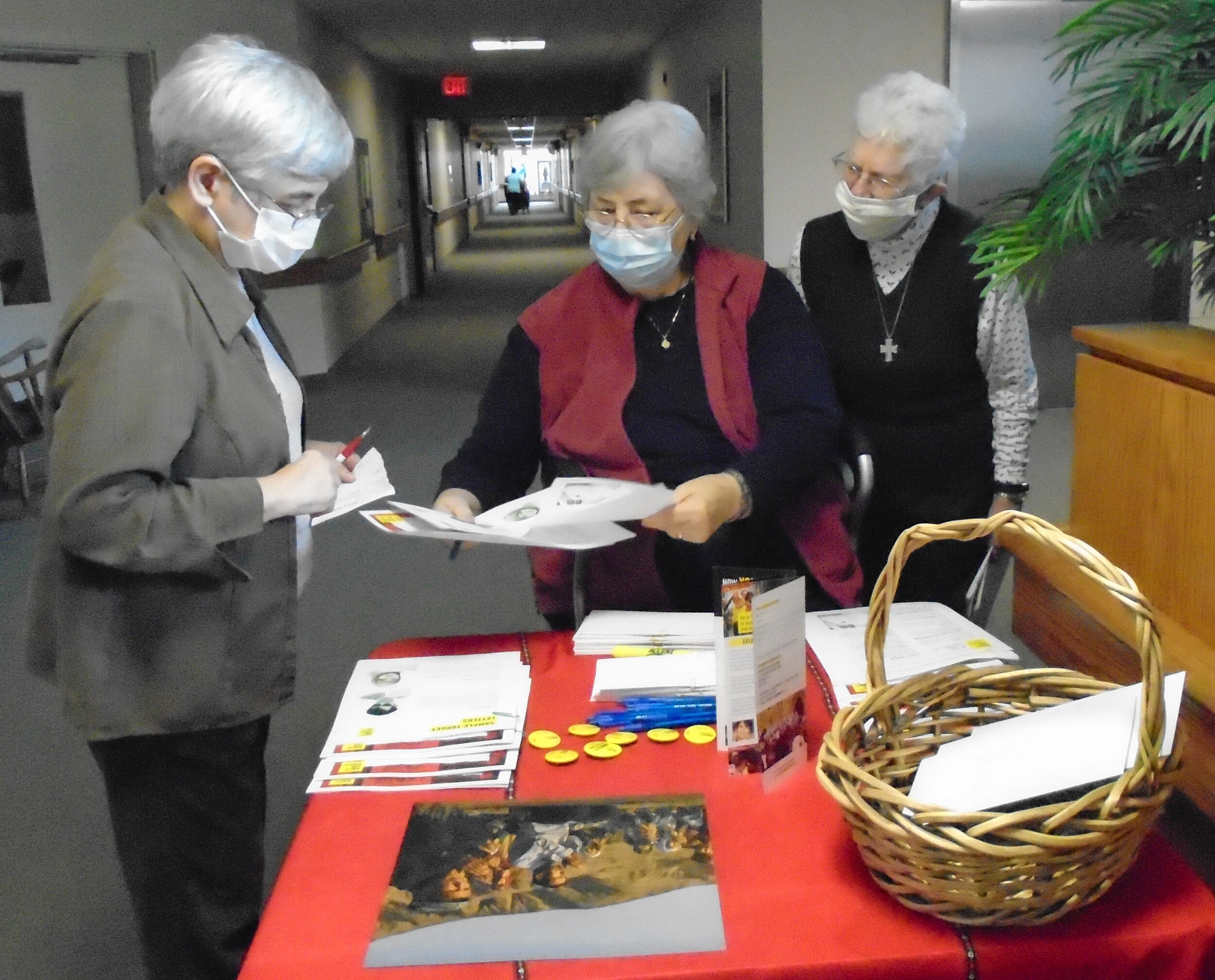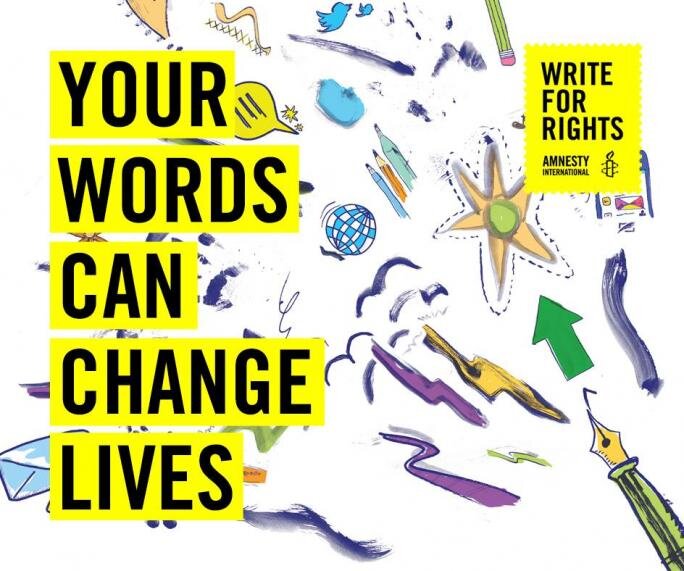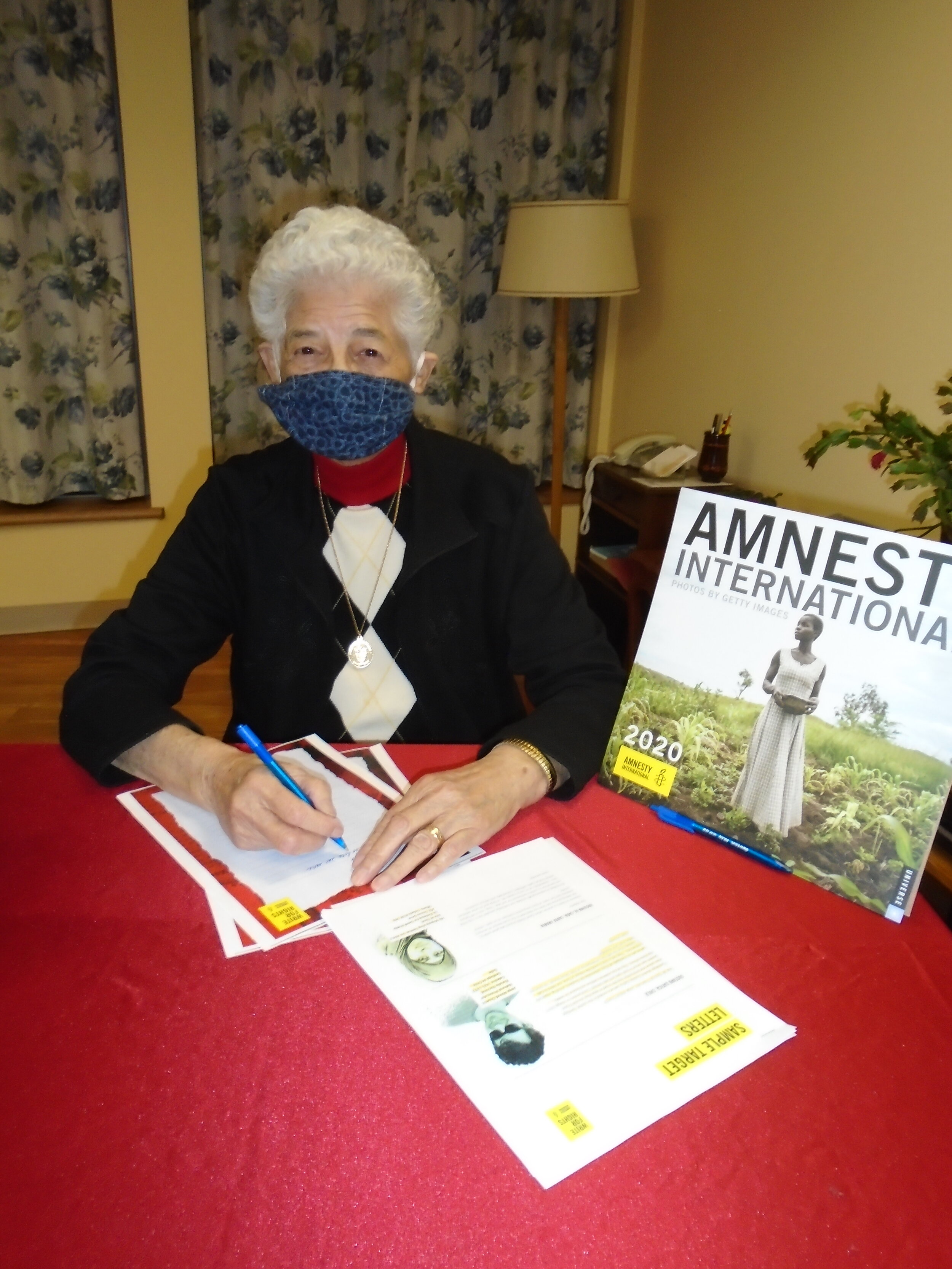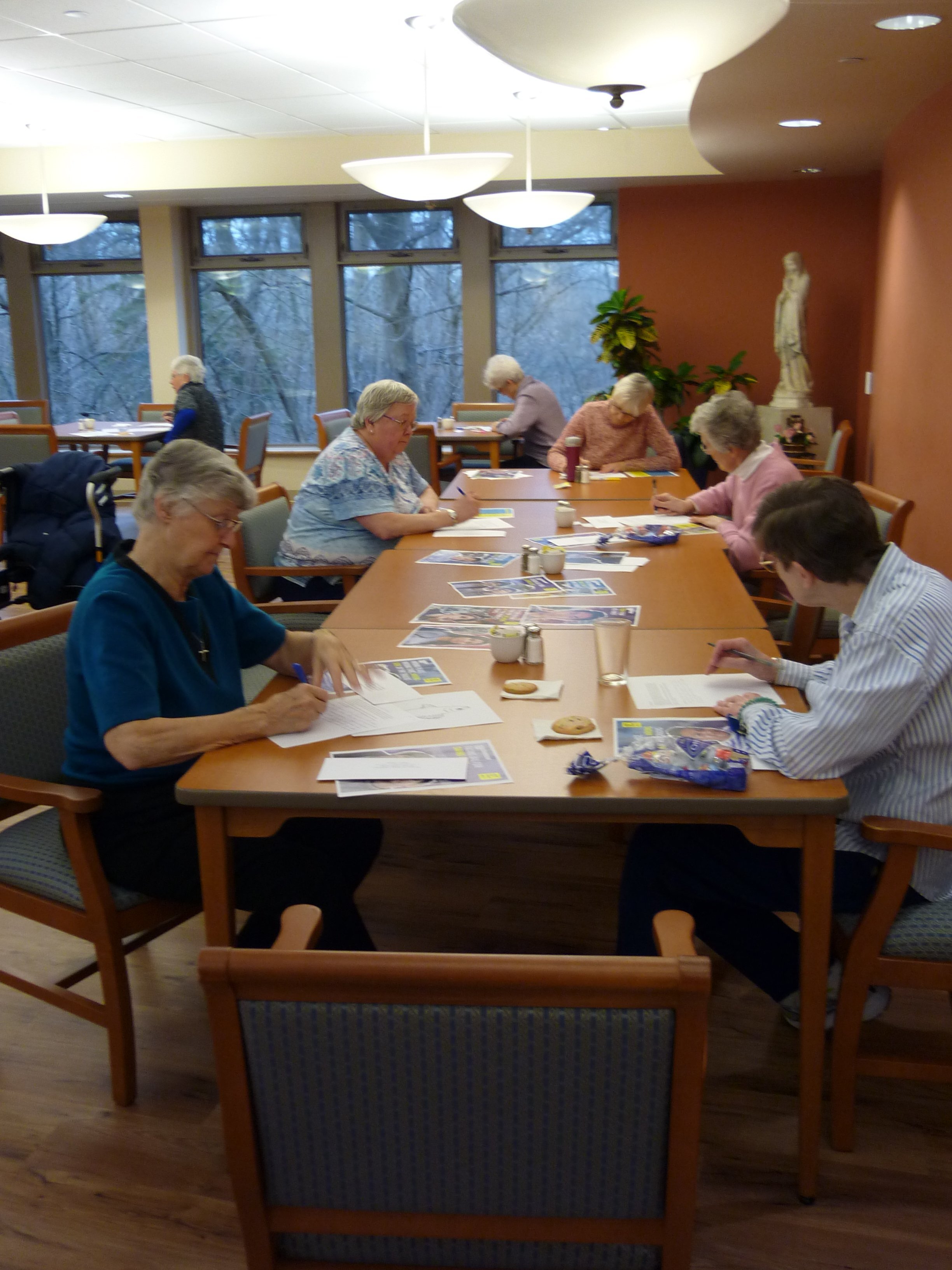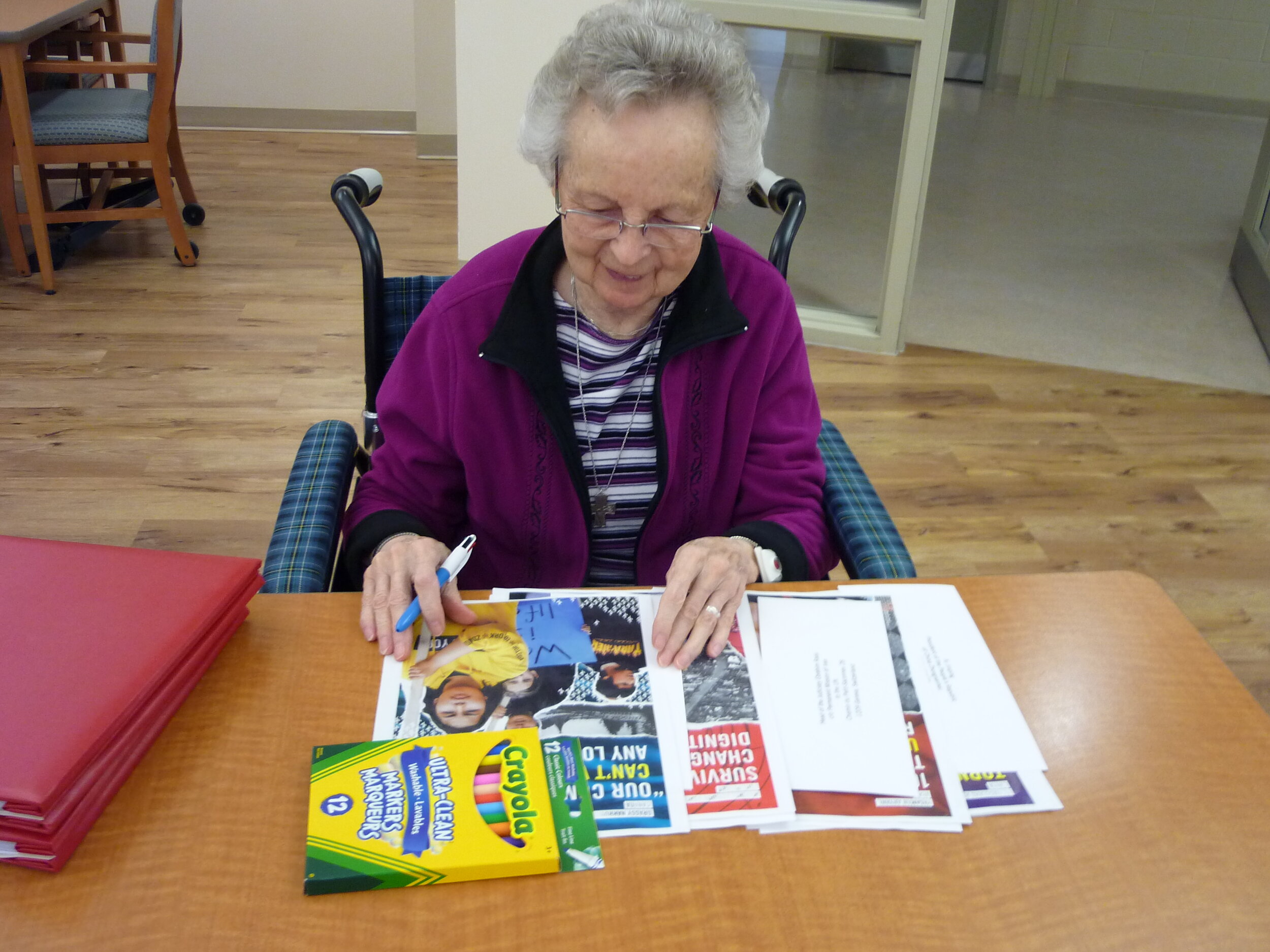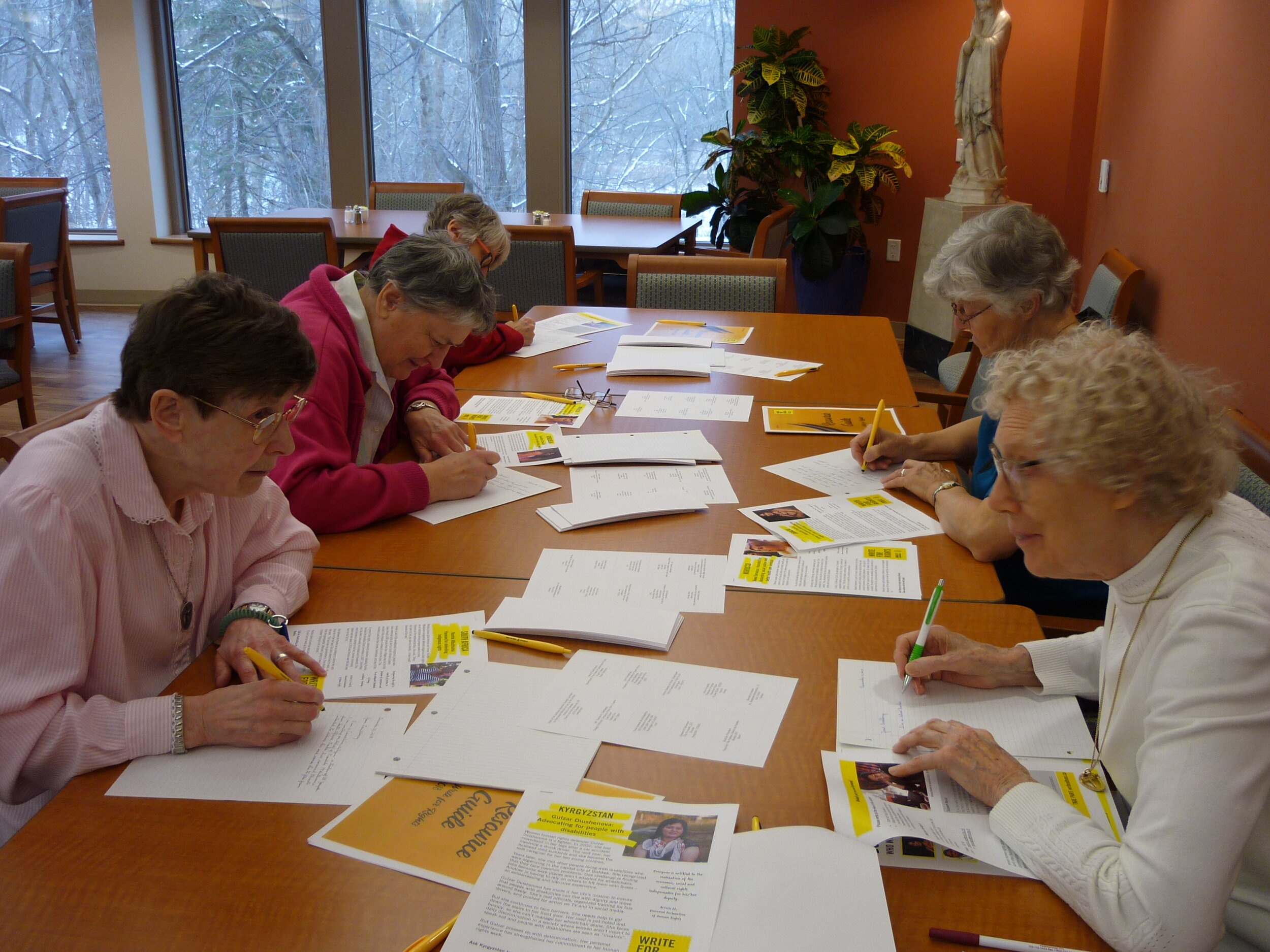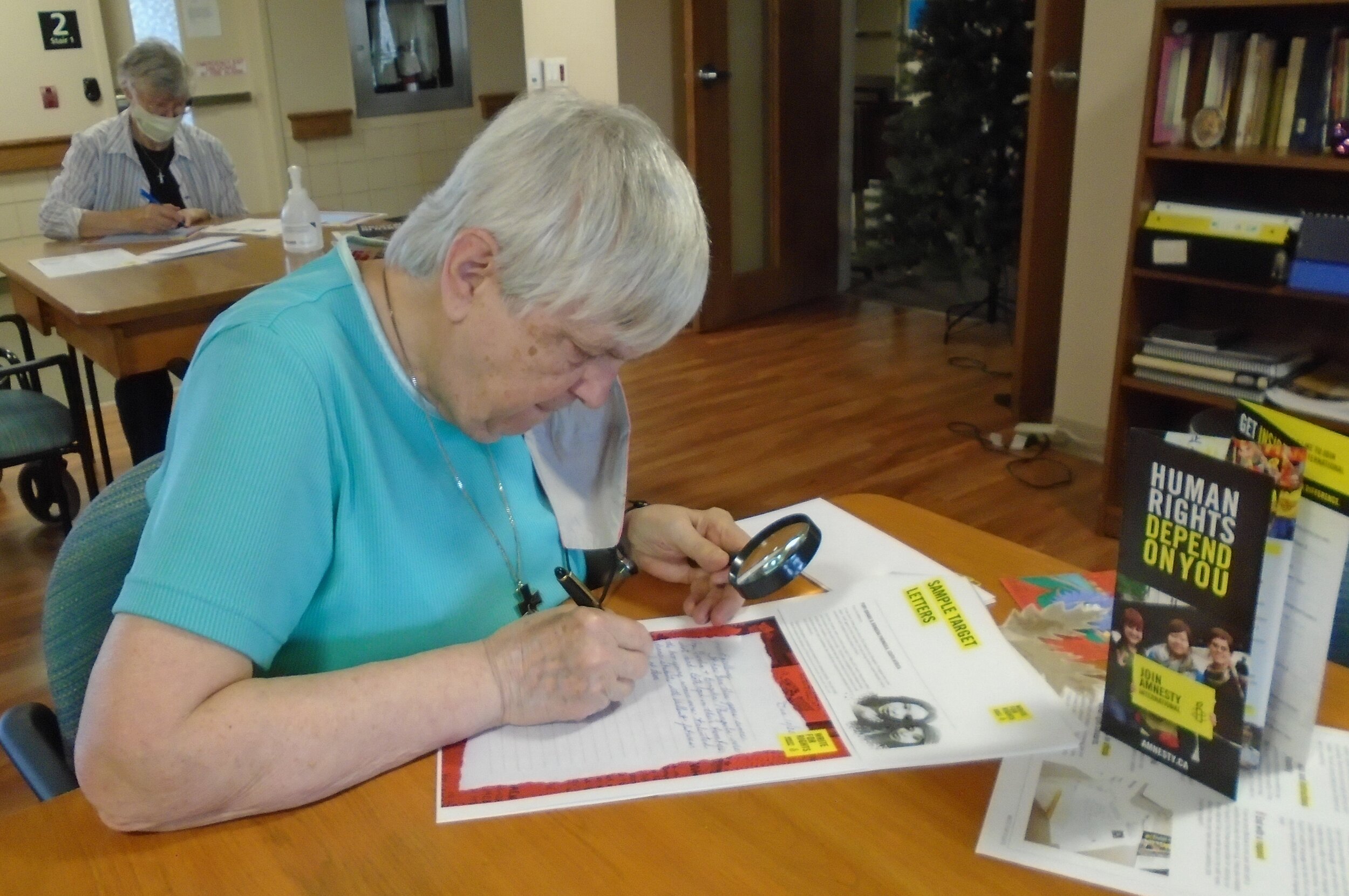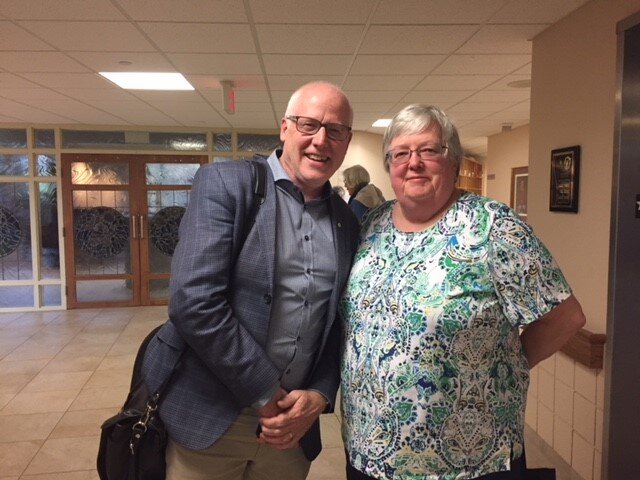As someone who spent her life in the heart of Africa, where the sun’s warmth lasts throughout the year, I am fascinated by Canadian seasons and the profound life lessons they carry. My work is to look at the state of the world daily and what a sight it is today. From the grueling violence in the Middle East to the threats faced by Indigenous communities and our natural world, it is easy sometimes to feel as though our world is crumbling, and human rights an unattainable quest. Have we not learnt anything about history, one might ask? Is humanity destined to always repeat the same mistakes, and for injustice to prevail?
The fall season with its gorgeous trail of auburn, copper and crimson leaves dropping on the ground, one at a time, giving way to the long silence of winter, and eventually an astounding rebirth in the spring have been a source of deep comfort in my work on human rights. They remind me that like the seasons, injustice comes and goes, and rebirth is always within our reach. The pursuit of justice is demanding. It asks us to be patient and diligent, to cultivate hope against all odds, to never give up. Just as we know with absolute certainty that spring will come, we must trust that a more just world is possible.
This week I was overjoyed to learn that Brazil had finally convicted two former police officers for the murder of Marielle Franco, a prominent young female politician killed in a drive-by shooting in 2018. Our team in the Brazil office has devoted much of its work to this case. Marielle may not be back, and her family remains forever shattered, but this conviction breaks a culture of impunity that had engulfed Brazil for too long. It took six long years of mobilizing, advocating and campaigning in what seemed like an impossible case for this conviction to emerge. My first thought upon hearing the news was the wise words of Martin Luther King, “the arc of the moral universe is long, but it bends toward justice.” What a privilege to bend the arc daily, with the support of so many of you, even in what seems like a cold winter for human rights.
To work towards justice is to persevere, to doubt, to stumble and to get up and start again, always guided by those most impacted, breaking the silence cast around the unheard, and casting light on the most forgotten wrongs. It is to look at the falling leaves, and to trust, without the shadow of a doubt, in the return of the spring.
Guest Blog by: Ketty Nivyabandi, Secretary General, Amnesty International Canada















